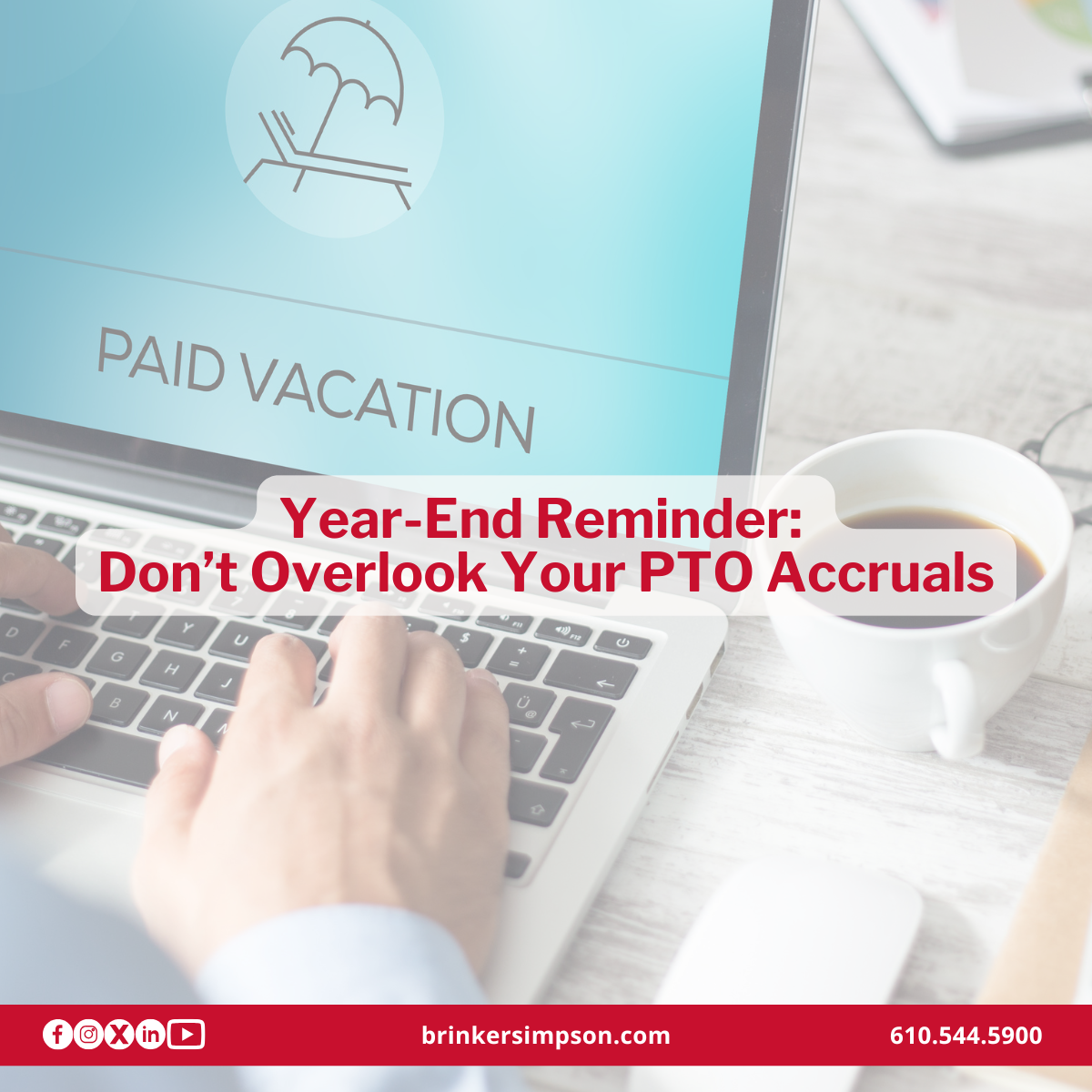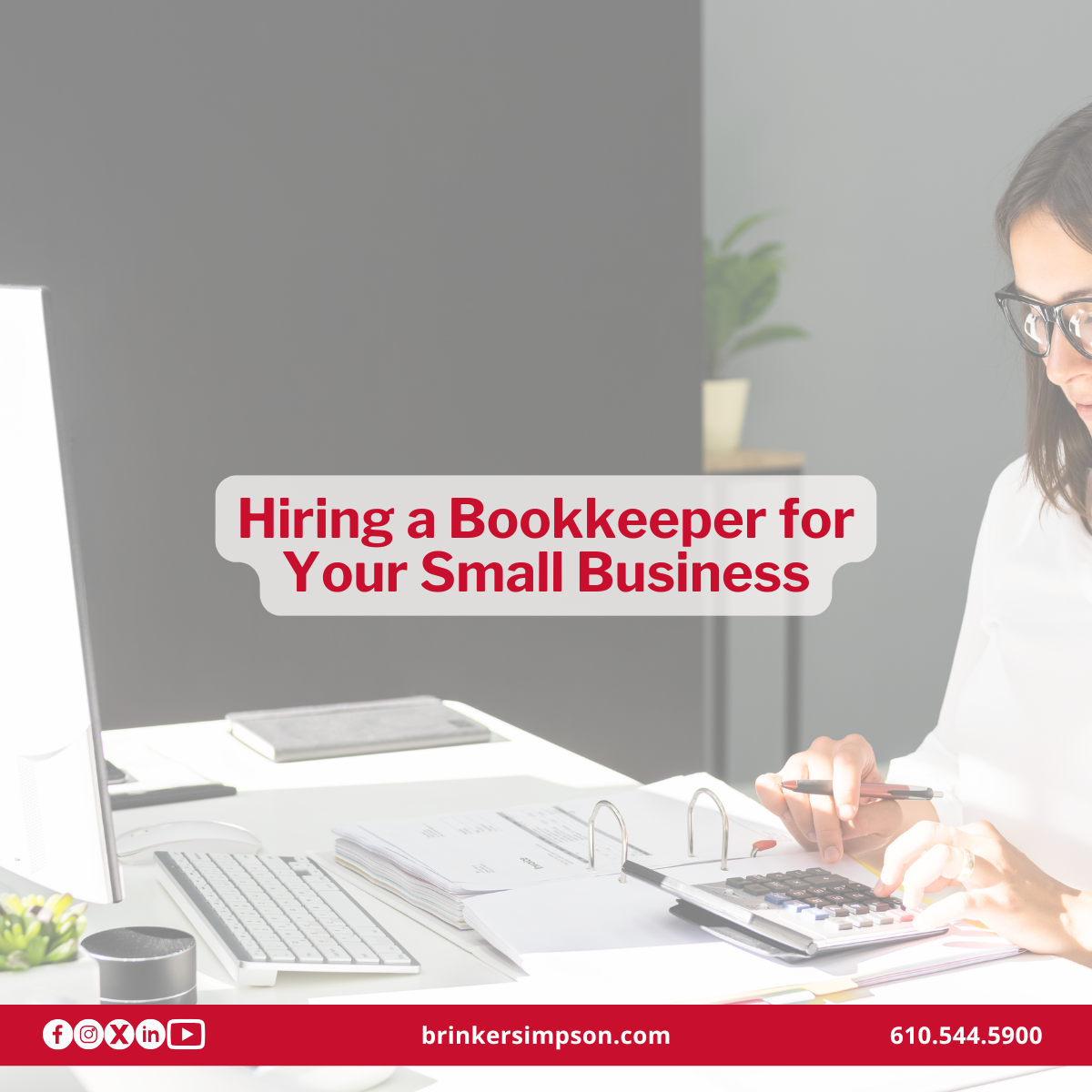In 2021, amid the ongoing pandemic and “Great Resignation,” Americans filed a record 5.4 million applications for new businesses, according to data from the U.S. Census Bureau.
That means a lot of new business owners are facing their first filing season. While many people can file their personal returns on their own, tax experts strongly advise that business owners seek professional help.
“Do not do this on your own,” said Adam Markowitz, an enrolled agent and vice president at Howard L Markowitz PA, CPA in Leesburg, Florida. “There’s just too much out there.”
Here’s what tax experts say new business owners should know before filing their 2021 taxes.
Understand your structure
One of the first things that new business owners need to know before they file is how their company is structured.
“A lot of [the] time, entrepreneurs don’t understand the default taxation of their business,” said Sheneya Wilson, CPA and founder of Fola Financial in New York.
This is important because the structure of your business determines how you file. Most entrepreneurs know if they have a limited liability company or LLC, but don’t know if their business is a partnership (meaning multiple people own the business), if they’re a single member or if they previously elected to be an S corporation.
“What it really boils down to is if you’re a single-member you file on a Schedule C; if you’re a multi-member, you file on a partnership,” said Markowitz. If you think you’re an S corporation, you should have made an election on Form 2553 and received confirmation from the IRS, he added.
“If they don’t have the confirmation from the IRS, they aren’t an S corporation,” he said.
In addition, companies set up as S corporations, which often have “Inc.” or “Corp.” in their names, need to file Form 1120 or Form 1120-S; they can’t file a Schedule C.
This is important because how you’ve structured your business may change your filing deadline. While many returns are due April 18, returns for corporations are due March 15.
Find a professional in your niche
If that all sounds confusing, it is. Most business owners — and especially new ones — should take the time to find a tax professional to guide them through this process.
Yet finding a tax professional can be overwhelming. Wilson recommends that entrepreneurs narrow their search by looking for someone who has experience in their business area.
“A tax professional who is experienced in your niche will be of better service to you in making sure you’re maximizing your tax profile,” she said. That includes helping you properly deduct expenses and claiming credits that could get your business a refund.
You may also want to work with someone who has experience in the state where your company is located because there are sometimes local rules, said Markowitz.
If you haven’t had luck finding someone online, Markowitz recommends checking with your local chamber of commerce or any local CPA organizations.
Once you’ve found a few professionals you’re interested in working with, make sure you vet them thoroughly. That includes looking at their education and experience — you should gravitate toward people who have earned either a CPA designation or are so-called enrolled agents.
It’s important that you file business returns accurately to avoid penalties. For example, the penalty for failing to file a partnership return is $210 per month for up to a year multiplied by the total number of people in the partnership for the tax year.
That can quickly add up to thousands of dollars, said Markowitz. If it's your first time making such a mistake, you may be able to get the penalty waived, though it’s “not a slam dunk,” according to Markowitz.
Have your records ready to go
Once you do find a professional to work with, there are a few things they’ll need right away to help prepare your taxes.
That includes your Employer Identification Number (EIN), articles of incorporation and operating agreement. You should also come prepared with your business's financial documents, including your balance sheet and bookkeeping.
Bookkeeping can be done either simply on an Excel spreadsheet or with a software program. What matters most is that whatever you use works for you and that you’re consistently keeping it up to date.
“Imagine trying to do bookkeeping for seven months right before you’re filing your taxes when it typically should be done once a month,” said Wilson. “It can take a lot of time.”
Tax plan all year
The benefit to starting a relationship with a tax preparer early in the life of your business is that they can help you tax plan as you grow, said Wilson.
That includes calculating quarterly payments so that you remit the right amount to satisfy your tax liability.



